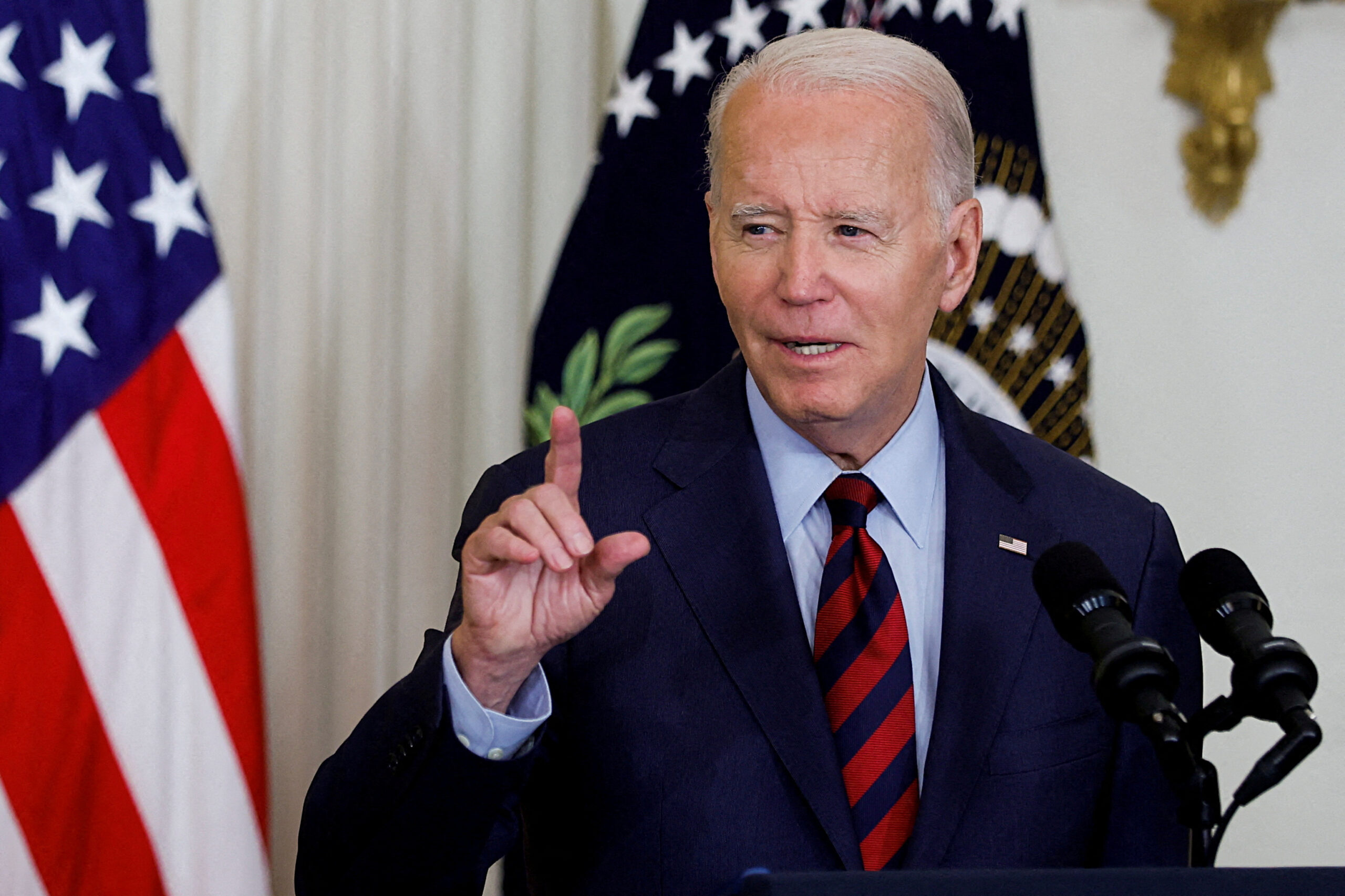Press Releases
Analysis: A Year Later, Industry Still Lobbying Against Inflation Reduction Act’s Success For Average Americans

Washington D.C. – One year ago today, the landmark Inflation Reduction Act began making big corporations pay their fair share in taxes while reinvesting in priorities that help grow the middle class, create good-paying jobs, combat corporate profiteering, slash the deficit, lower prescription drug costs, and reduce harmful carbon pollution. Yet while these initiatives are helping everyday Americans get ahead, a new review from government watchdog Accountable.US shows several industries never stopped trying to obstruct and weaken the Inflation Reduction Act, including lawsuits to block its key measures and millions spent so far this year lobbying against its full implementation.
Corporate special interests claimed the sky would fall if they had to finally pay their fair share in taxes. Instead, a year under the Inflation Reduction Act has seen more Americans finding good-paying jobs and paying less for prescriptions,” said Liz Zelnick, Director of Accountable.US’ Economic Security & Corporate Power.
“Yet greedy industries never stopped trying to obstruct the law’s reinvestment in the middle class. Their lobbyists found a captive audience among the MAGA House Majority that’s taken millions of dollars from Wall Street and big drug and oil companies. The MAGA Majority should be helping the Biden administration build on the Inflation Reduction Act’s success, like saving seniors money on medicines. But they’d rather restore tax breaks for their rich industry donors that nickel and dime everyday families – and that do nothing to grow the middle class,” Zelnick continued.
KEY FINDINGS: Meet the Industries Fighting to Undo the Inflation Reduction Act
U.S. Chamber, PhRMA Fight to Stop Medicare From Negotiating Cheaper Rx For Seniors
- In July 2023, The U.S. Chamber of Commerce filed a lawsuit on behalf of its pharmaceutical members seeking to block the implementation of the Inflation Reduction Act’s Medicare drug price negotiation program. The Department of Justice criticized this effort as a disservice to the public’s interest and an attempt to block Medicare negotiations after the industry’s lobbying against it failed.
- This year, PhRMA, “the pharmaceutical industry’s largest lobbying group,” has spent at least $830,000 lobbying on the implementation of the Inflation Reduction Act’s drug pricing reforms, while also filing a lawsuit to block the legislation’s Medicare drug negotiation provisions.
- In 2023, Eli Lilly, Merck & Co., and Pfizer, all represented on PhRMA’s board of directors, have spent $1.14 million combined lobbying on the implementation of the Inflation Reduction Act’s drug pricing provisions.
Corporate Interests Lobbying Against Paying Their Fair Share:
- In 2023, the Global Business Alliance, which describes itself as the “premier advocacy resource for international companies in the United States,” has spent at least $770,000 while lobbying on the “implementation of certain provisions in the Inflation Reduction Act including the new stock buyback excise tax and corporate AMT provisions.“
- In 2023, the Securities Industry and Financial Markets Association (SIFMA), the “leading trade association for broker-dealers, investment banks and asset managers operating in the U.S. and global capital markets,” has spent at least $200,000 hiring firms to lobby on the “implementation of the Inflation Reduction Act.“
- In 2023, investment giant Blackstone, the “world’s largest alternative asset manager, with $1 trillion in [assets under management],” has spent at least $190,000 this year while lobbying on “implementation of the Inflation Reduction Act.“
Big Oil & Gas Protect Profits at Expense of Environment:
- The American Petroleum Institute (API) and the American Exploration and Production Council (AXPC), which both signed on to an August 2022 letter in opposition to the Inflation Reduction Act, have spent over $470,000 combined lobbying on its implementation in 2023. The Inflation Reduction Act provided “nearly $400 billion in federal funding to clean energy” and ensured taxpayers get a fair value return on the development of public lands by modernizing onshore and offshore royalty rates and ending noncompetitive leasing.
